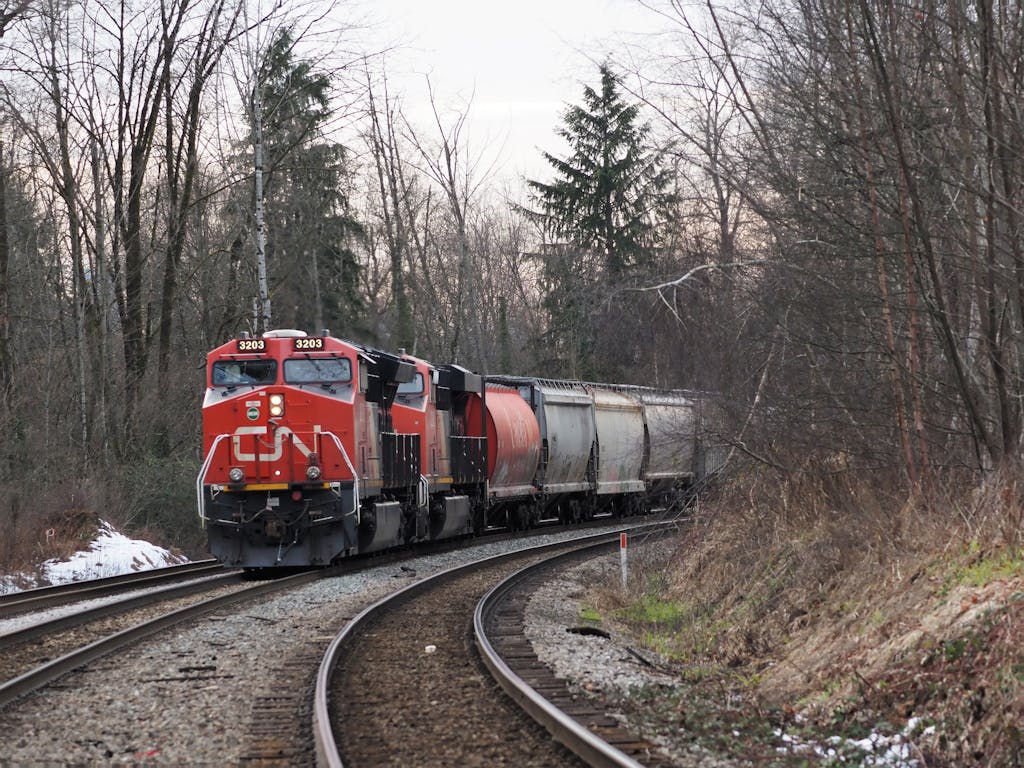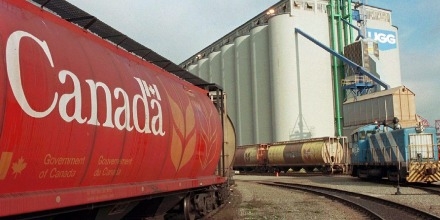It’s back to the future. Lawrence MacAulay has returned as federal agriculture minister. Despite the warm words of welcome from farm organizations across the country, I suspect the actual response was surprise followed by a collective groan.
No farm organization wants to poison their relationship with the old/new agriculture minister by saying what they really think so the official response was all positive. Perhaps MacAulay learned a bit last time around, but when he last served in the portfolio from 2015 to 2019, not much leadership was exhibited.
At every opportunity, MacAulay would remind anyone listening that he used to be a potato and dairy farmer on P.E.I. and therefore he could relate to each issue farmers were facing across the country. Unfortunately, he seldom showed much vision or insight beyond the prepared speeches from his handlers.
It’s not that he’s a bad guy. He comes across as a good old boy – everyone’s friend, but agriculture deserves more than a placeholder minister.
First elected in 1988, MacAulay is much more a career politician than a farmer. Soon to be 77, he’s probably past his best before date although when you look south of the border, his age fits right in with the old geezer American presidents of the last two terms.
Mainstream media largely ignores the agriculture portfolio, but any pundits who did weight in were predicting that Marie-Claude Bibeau would remain as agriculture minister. They were surprised and it seems that Bibeau was as well.
When she was named the country’s first female agriculture minister back in 2019, she knew precious little about agriculture other than driving by dairy farms in her Quebec constituency, but she listened and learned and was engaged.
For the federal Liberals, everything seems to be viewed through the lens of climate change mitigation and sustainability and that certainly extended to the ag portfolio under Bibeau, but she seemed to appreciate that farmers also need to be economically sustainable.
It would be interesting to know why the Prime Minister made the switch from Bibeau back to MacAulay. Perhaps Bibeau’s move to Minister of National Revenue is considered a promotion. Perhaps she was too supportive of farmers around the cabinet table. Perhaps giving MacAulay agriculture helps shore up Liberal support in Atlantic Canada.
The country is now into its third turn with agriculture ministers from Quebec and the Maritimes whereas most of the nation’s agriculture is in Ontario and the West. It’s a formula for further alienating producers.
Interestingly, Pierre Elliott Trudeau addressed a similar problem back in 1980. In the election that year, his Liberals failed to win any seats west of Winnipeg. Back in those days, there was actually a Minister of State tasked with looking after the Canadian Wheat Board.
The board had jurisdiction only in Western Canada and Trudeau the senior had no western members for the post so he reached past the House of Commons into the Senate and appointed Hazen Argue.
Argue was controversial and bombastic, but he was from Saskatchewan and he had knowledge of grain farming and the operations of the Canadian Wheat Board. With a seat at the cabinet table Argue became a player in policy discussions involving other aspects of agriculture as well as grain transportation when the statutory Crow freight rate was an extremely hot topic.
Justin Trudeau was unlikely to follow the approach of his dad, but there are probably better choices in the Senate for agriculture than recycling Lawrence MacAulay.



